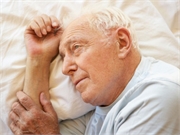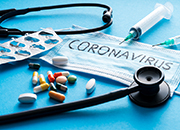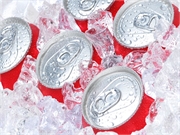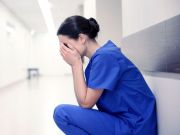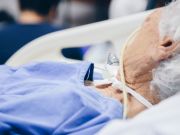
More than one-fifth of hospitalized COVID-19 patients in New York City have critical illness, and nearly 80% of critically ill patients need ventilators to help them breathe, according to a new study. The findings have important implications for U.S. hospitals, specifically the need to prepare for large numbers of COVID-19 patients who require intensive care,… read on >











